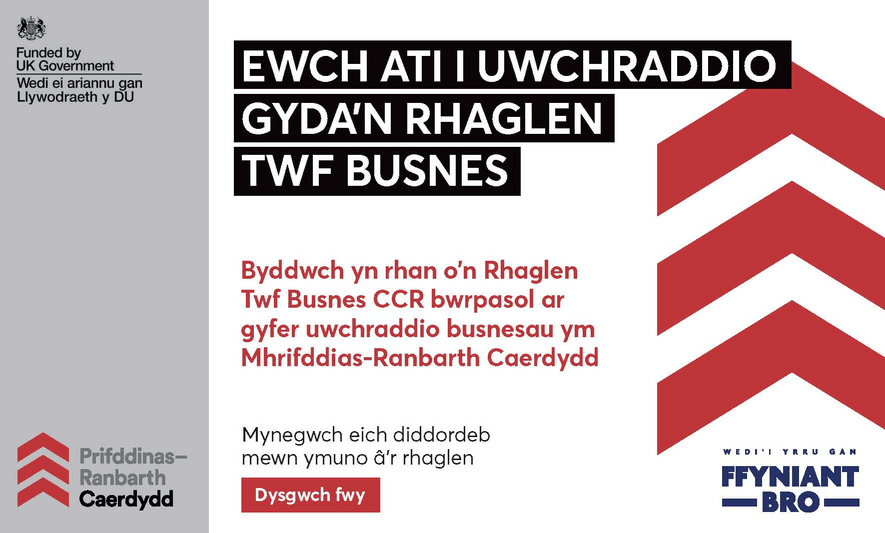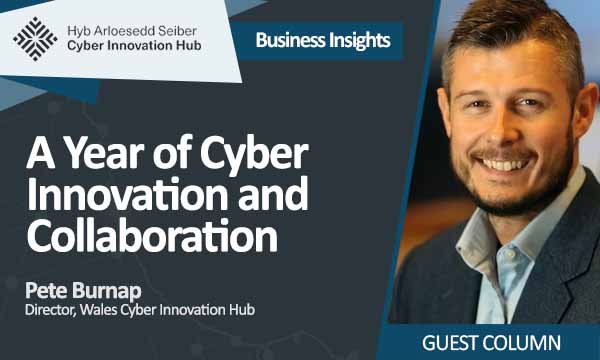Parents and children will remember the spring of 2020 as the spring the schools were shut. For many children it’s been like a three-month holiday; the realisation of that cherished fantasy, what if there were no school? For parents it’s been as much ordeal as pleasure; struggling to keep children entertained while working from home, and anxious about the impact on their education and future prospects.
Those concerns have been particularly acute for parents whose children were facing important GCSE and A level exams. Education authorities and exam boards moved quickly to put in place plans for students to be marked according to estimated grades, but there were still concerns about whether those grades would accurately reflect what the students might have achieved in normal circumstances.
At least there was a simple solution to marking GCSE and A level students. For those thousands of learners taking vocational qualifications or going through apprenticeships, it’s not so easy. It’s arguably not a big problem if someone goes to study for a history degree at university on the basis of estimated grades, but would you want someone fixing your boiler who has never been watched doing it before?
This is the problem faced by FE colleges and apprenticeship providers across Wales. Andrew Cooksley is founder and CEO of Cardiff-based learning provider ACT, which is Wales’ largest provider of apprenticeships and among the top five in the UK. Together with its partners it delivers around 8,000 apprenticeships across Wales every year.
Andrew said;
“Qualifications Wales and the awarding bodies are working closely with training providers and issuing new guidance on calculated results and adaptations to assessment methods where possible to allow learners to progress in or complete their qualifications.
“Generally, if you’re going to say that someone can build a wall, you’re going to have to observe them doing it and question them and see their knowledge and understanding of that,” he said.
“Learners are still able to develop technical knowledge and theory, a vital part of their training, whilst we continue to work through how some of the practical elements can be assessed”
Fortunately, this is only an issue for some trades; for many people doing apprenticeships or other vocational qualifications there’s less need for practical assessments, or an easy way around it.
“The majority of our learners we can probably assess online, that’s what we’re working towards,” said Andrew.
“Someone doing childcare, for instance; it’s not all about doing things in a practical way, it’s their knowledge and understanding about how to look after and develop a child. Large parts of their qualifications are knowledge and theory based which can easily be taught, assessed and proven through online training and assessment”.
All ACT’s 8,000 apprentice learners are, by definition, employed, and for many the lockdown has been unexpectedly beneficial for their training. Unable to go to work, they have had more time to devote to their studies, and many are ahead of where they would expect to be at this stage.
“Our engagement rate is through the roof at the moment,” said Andrew.
“Normally people are busy at work and it’s hard for them to find the time to complete a piece of work or do an assessment. The lockdown has allowed people loads of time to complete their work.”
He added: “A large part of the learning we deliver is in clinical health and social care and despite them being flat out in work, doing an incredible job for patients and residents, many are still engaging in their training online and we are even seeing new learners signing up to these programmes”.
“This is the case for many of our other apprentices, they’re really engaged, completing work, ahead of their qualifications.”
As with most businesses, ACT and its partners had to adapt very quickly to new ways of working when the country went into lockdown on March 23. Practically overnight, classroom and workplace training sessions had to be replaced by online tutorials, and staff meetings gave way to Zoom and Teams chats.
Andrew said it’s been a wake-up call for the training and education sector.
“If you took a photo of an operating theatre in 1880 and one now, probably the only common thing would be the patient lying on the operating table, otherwise it would be pretty unrecognisable. But if you took a photo of a classroom in 1880 and one now, there’d not be much difference. Everyone is facing the front, no-one’s collaborating. A lecture theatre now still looks like a lecture theatre did then,” he said.
“All of a sudden, within three months, there’s none of that going on, but there’s been plenty of teaching and tutoring and knowledge transfer. All these things you need to do to have a good learning environment has gone on without anybody thinking, where are the classrooms, why aren’t we sitting around a table facing the front?”
He added that the lockdown had forced the education and training sector to take the first few steps to modernising itself.
“Since I’ve been involved in it, which is all my adult life, there’s been this talk: how can we do things differently, how we can we be innovative? Everyone’s talked but no-one’s broken out of the old pattern. All of a sudden we’ve had to do it, and I don’t think it will be the same after this.
“Do we really need people to come in to deliver learning all the time? So I think it’s going to be really interesting.”
So with all the difficulties of adjustment, there is opportunity too. Wales’ training sector, of which ACT is a leading example, has proved itself innovative, flexible, adaptable and resilient. There is still much to do in ensuring learners can complete their courses and apprenticeships, and pass on fully qualified into the world of work.
But businesses and organisations like ACT are already looking ahead to how they will function in the new economy that will emerge when Wales recovers from the downturn. It will be a different world to the one we have left behind us, but there are reasons to hope it may be a better one.









